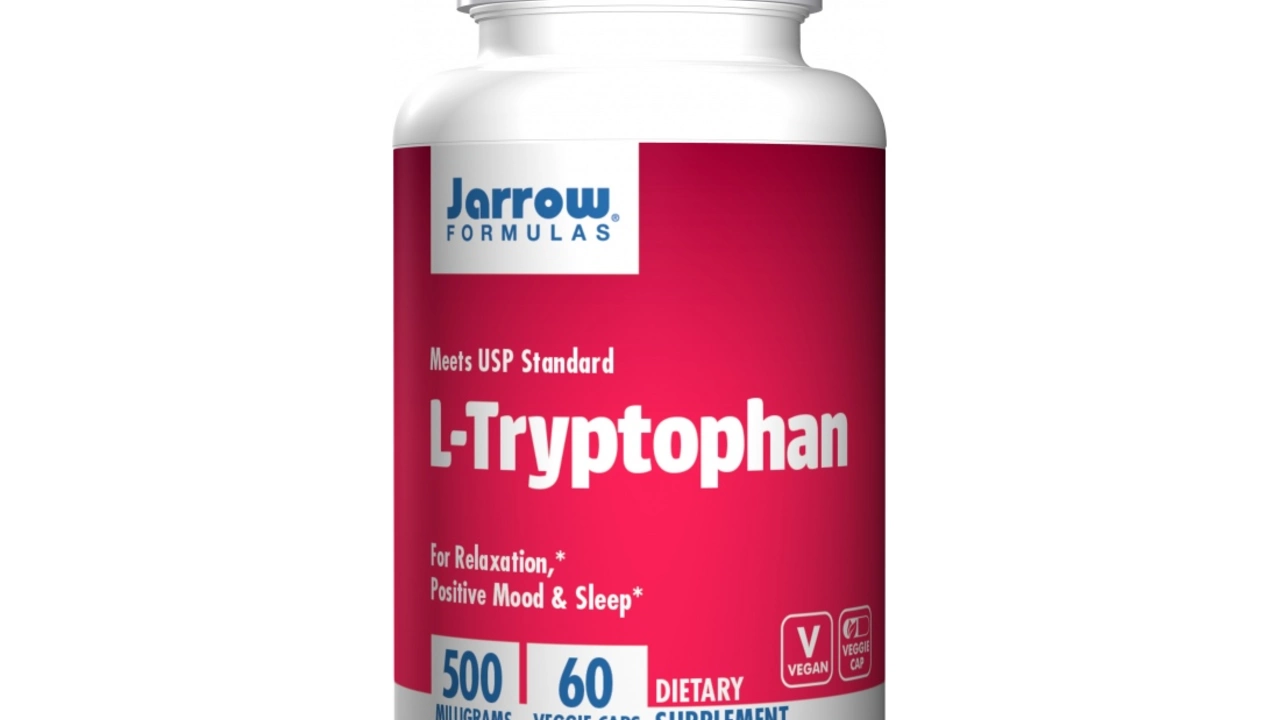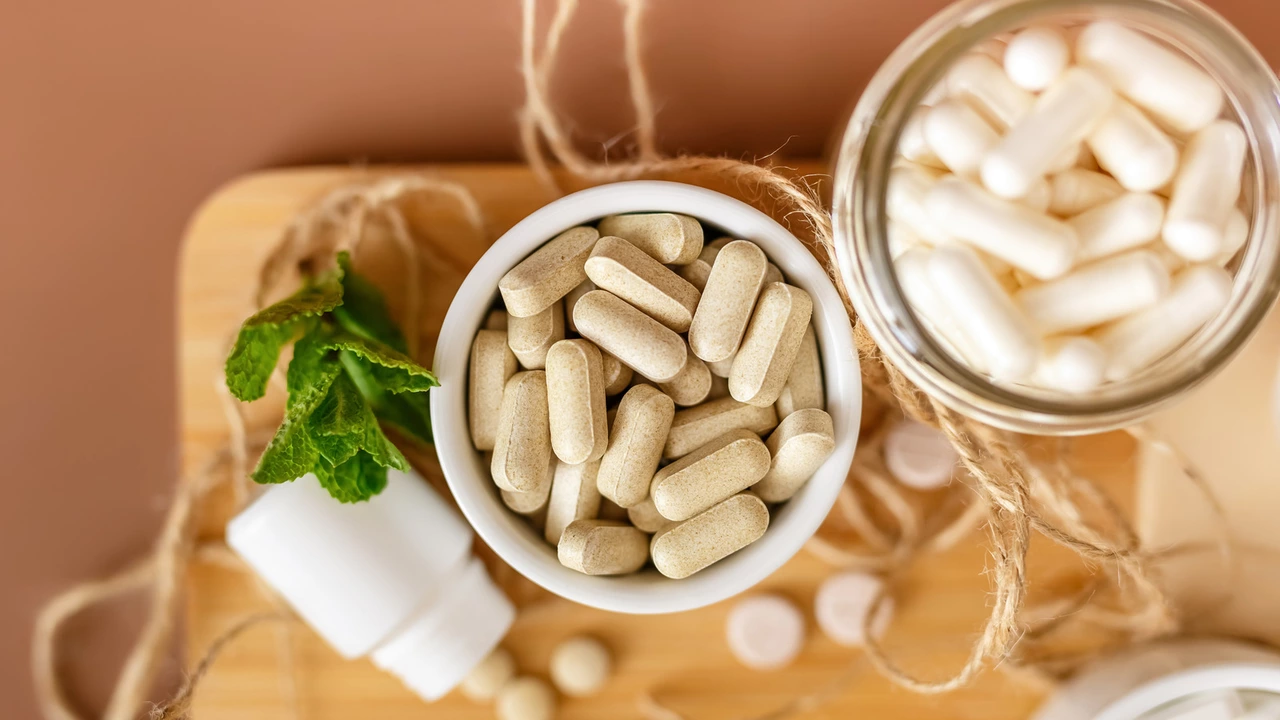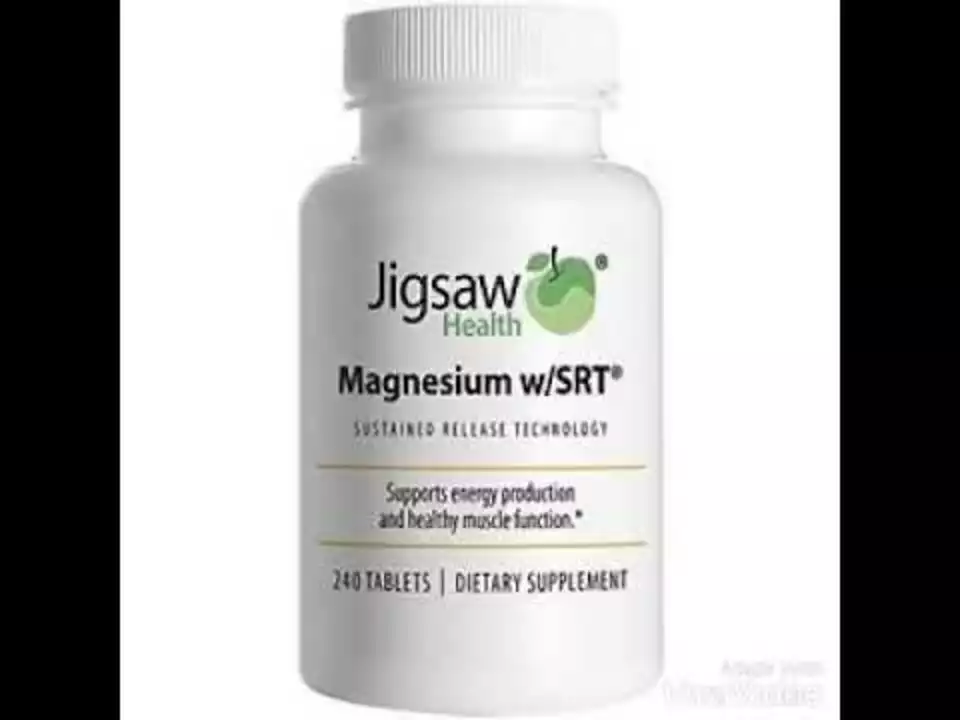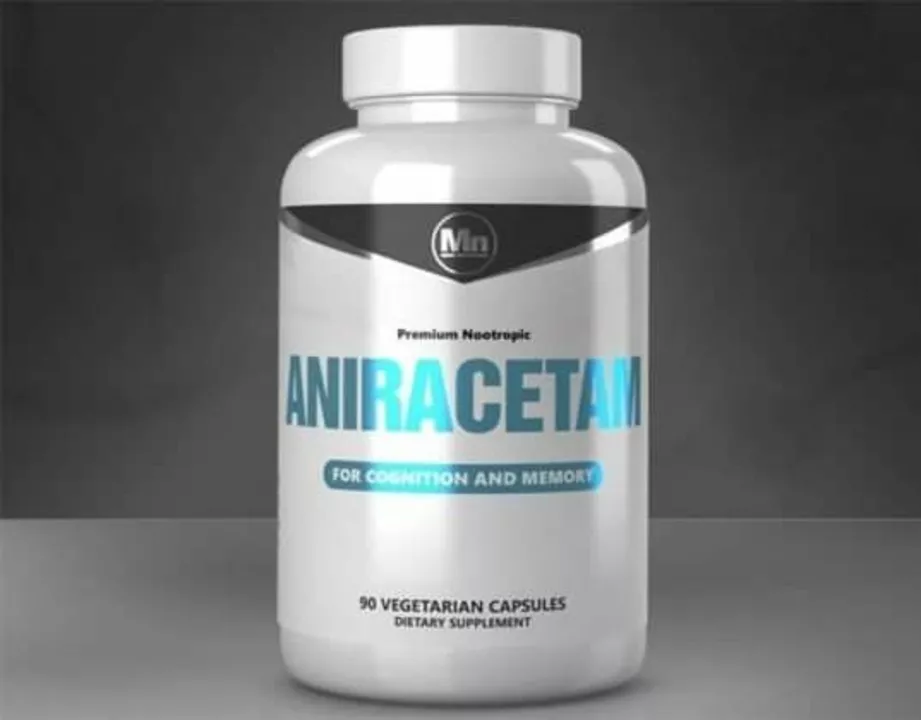Dietary supplement: how to choose safe, useful products
Thinking about a dietary supplement? You’re not alone. Supplements promise quick fixes, better energy, or help with blood sugar and mood. Some are helpful, some are unnecessary, and a few can be risky. This page pulls together plain advice and our best articles so you can pick what actually helps without wasting money or hurting your health.
Pick supplements that matter for you
Start with a reason. Do you need vitamin D because you live somewhere gray? Trying berberine for blood sugar support? Want a natural option for mood? Match the supplement to a real gap or condition, not a trend. If a lab test or a doctor shows low levels, a targeted supplement often makes sense. Randomly taking multiple pills usually doesn’t help and can create interactions.
Look at the dose on the label and compare it to clinical studies. Many supplements advertise big effects at tiny doses that haven’t been proven. For example, research-backed berberine studies use specific amounts — check our berberine vs metformin article for a realistic view on dosing and benefits.
Safety checks that save trouble
Always scan three things on the bottle: ingredients, third-party testing, and warnings. If the ingredients list is vague (like “proprietary blend”), that’s a red flag. Third-party seals from groups like USP, NSF, or ConsumerLab mean the product was tested for what’s on the label — not a guarantee of benefit, but a strong safety signal.
Think about interactions. Supplements can change how prescription meds work. St. John’s Wort affects many antidepressants and birth control. Berberine can interact with diabetes or blood pressure meds. If you take prescriptions, check with a pharmacist or read our drug-specific articles before starting anything new.
Watch for dose and duration. Some supplements are fine short-term but unsafe long-term. Liver and kidney strain can happen when people stack multiple supplements. Keep a simple list of what you take and review it yearly with a clinician.
Price isn’t always quality. Cheap products can be okay, but extremely low prices or huge claims (“cure-all” or “scientific breakthrough”) usually mean marketing, not science. Read ingredient amounts, testing badges, and customer reviews with caution.
If you want practical reads, check our berberine vs metformin guide, natural alternatives to Wellbutrin SR, and OTC options for inflammation. We cover safety, dosing, and where to buy responsibly. GrantPharmacy.com aims to make this simple: no hype, just clear facts and real tips.
Got a health condition or taking meds? Ask a pharmacist or doctor before changing your regimen. If you’re shopping online, pick well-known retailers, verify testing seals, and keep receipts and batch numbers in case of recalls.
Use supplements thoughtfully. With a clear reason, the right dose, and basic safety checks, they can be useful tools. Without those steps, they’re a gamble. Browse our tagged articles below to learn more about specific supplements and safe buying tips.

Spiny Restharrow Supplement Benefits & How to Use It
- by Colin Edward Egan
- on 21 Sep 2025
Discover what Spiny Restharrow is, its key compounds, proven health benefits, safe usage tips, and how it stacks up against other herbal supplements.

Boost Your Health with Apple Cider Vinegar: The Essential Dietary Supplement
- by Colin Edward Egan
- on 7 Sep 2024
Discover how apple cider vinegar can boost your health, improve digestion, enhance skin, and more. Dive into the benefits, uses, and tips for incorporating this natural supplement into your daily routine.
Experience the Life-Changing Effects of Civet: A Must-Have Dietary Supplement
- by Colin Edward Egan
- on 21 Jul 2023
In my journey to better health, I recently discovered Civet, a dietary supplement that has truly transformed my life. This gem provides incredible benefits, including enhanced energy levels, improved digestion, and overall well-being. The changes I've experienced are astounding, making it a must-have in my daily regimen. I believe everyone should give Civet a try. It might just be the life-changing supplement you've been searching for.

Experience the Anti-Aging Power of Carnosine: Your New Favorite Dietary Supplement
- by Colin Edward Egan
- on 26 Jun 2023
I recently discovered the incredible anti-aging power of Carnosine, a dietary supplement that has become my new favorite. Carnosine is a naturally occurring antioxidant that protects our cells from damage and boosts overall health. Since I started taking it, I've noticed an improvement in my skin elasticity and a reduction in fine lines. I highly recommend giving Carnosine a try if you're looking for an effective way to combat the signs of aging. It's been a game changer for me!

Dive into the World of Sweet Woodruff: Your New Favorite Dietary Supplement
- by Colin Edward Egan
- on 3 Jun 2023
I recently discovered the amazing world of Sweet Woodruff, and I'm excited to share that it has quickly become my new favorite dietary supplement! This versatile herb not only has a delightful aroma but is also packed with health benefits. It's known for its calming effects, which can help with sleep and digestion. Plus, its detoxifying properties are great for boosting our overall well-being. I can't wait to see the positive changes it brings to my daily routine!

Acai: The Superfood Dietary Supplement You Need in Your Daily Routine
- by Colin Edward Egan
- on 2 Jun 2023
I recently discovered Acai, an amazing superfood dietary supplement that I believe everyone should incorporate into their daily routine. This small, purple berry is packed with antioxidants, fiber, and healthy fats, which can help boost our overall health and well-being. Not only does Acai support a healthy immune system, but it also aids in digestion and promotes healthy skin. I personally love adding Acai powder to my morning smoothies or enjoying a delicious Acai bowl as a tasty and nutritious snack. Give Acai a try, and you'll see why it's quickly becoming an essential addition to many people's daily routines.

Explore the World of Water Plantain: A Dietary Supplement for a Healthier Future
- by Colin Edward Egan
- on 19 May 2023
As a blogger, I recently had the chance to dive into the world of water plantain, a fascinating dietary supplement with tons of potential health benefits. This aquatic plant is packed with essential nutrients and has been used in traditional medicine for centuries. After researching and trying it out, I found that it can support kidney health, improve digestion, and even aid in weight loss. I'm excited to incorporate water plantain into my daily routine and can't wait to see the long-term benefits it brings. I highly recommend giving this amazing plant a try for a healthier future!

Unleash Your Body's Full Potential with Cyclamen: The Breakthrough Dietary Supplement
- by Colin Edward Egan
- on 13 May 2023
I recently came across an incredible breakthrough dietary supplement called Cyclamen, which has been proven to help unleash our body's full potential. With its natural and powerful ingredients, Cyclamen supports our overall health and well-being. I've been impressed with its ability to enhance energy levels, boost our immune system, and improve our mental clarity. I believe that incorporating Cyclamen into our daily routine can truly transform our lives, allowing us to be the best version of ourselves. I highly recommend giving this amazing supplement a try to experience its incredible benefits.
